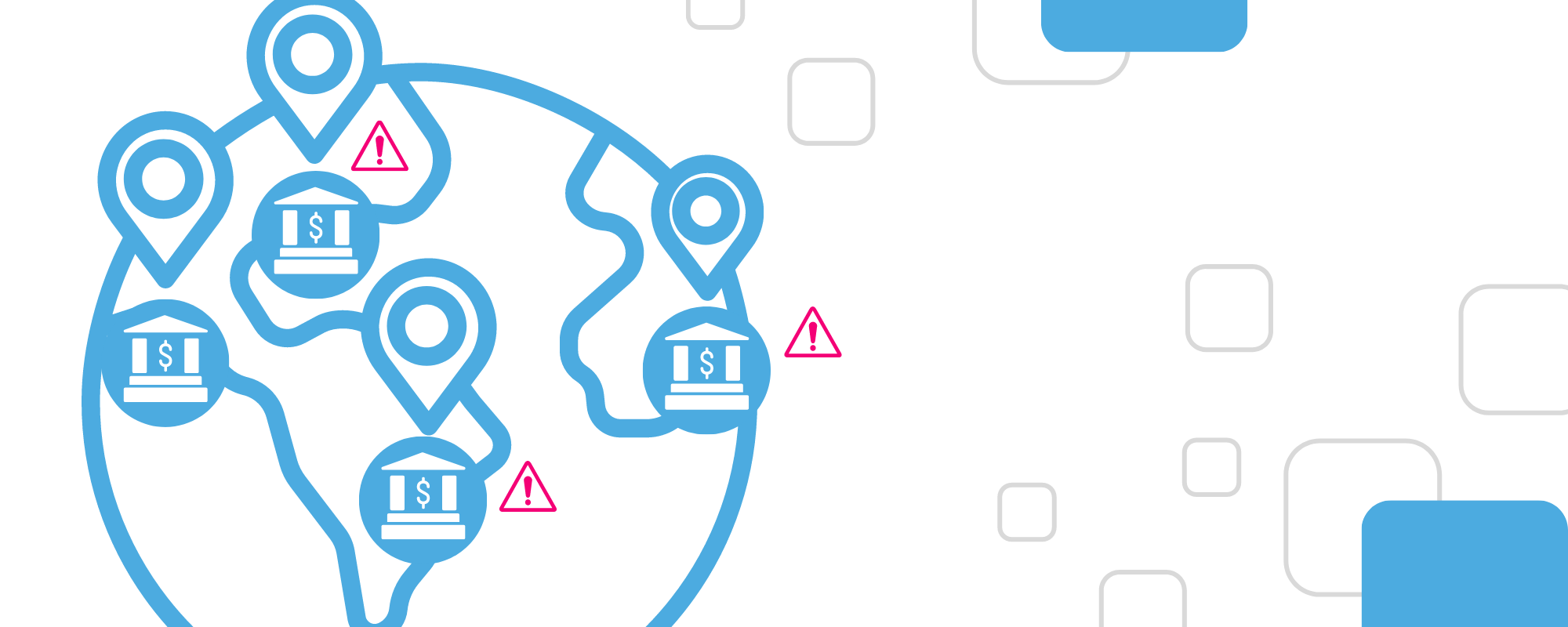The Asian Development Bank (ADB) has issued a warning about the potential risks associated with cross-banking, despite its benefits to ASEAN +3 countries (South Korea, Japan, and China). The ADB suggests that a set of regulations is needed to better manage these risks, which could arise due to the differing financial standards and regulations between host and home countries.

To address this gap, both host and home countries must work together to create a mutually beneficial arrangement, relying on trust and cooperation between both parties. Another issue is the different economic states of the countries and the use of different currencies, which requires standardization and data collection to manage liquidity.
The Bangko Sentral ng Pilipinas (BSP) has taken steps to address these challenges by signing a Memorandum of Understanding on Cooperation in Regional Connectivity (RPC) during the G20 Leaders’ Summit in Bali last November 14. This MOU was signed with other central banks in Southeast Asia, such as the Bank of Indonesia, Monetary Authority of Singapore, Bank Negara Malaysia, and Bank of Thailand, with the aim of creating a more seamless and regulated linking between cross-border payment systems.

As digital transactions continue to increase, the MOU is becoming increasingly important. With digital wallets dominating ecommerce platforms, accounting for 68% of transactions, this trend is projected to continue growing in the coming years.
However, the increase in access to digital payment systems and cross-border transactions must be balanced with standard regulations to ensure that the protection and privacy of citizens’ data is not compromised. To address this concern, the BSP has created the Advanced SupTech Engine for Risk-Based Compliance (ASTERisC*), a fintech solution aimed at making compliance and risk management easier for financial institutions.
In conclusion, cross-banking offers numerous benefits for ASEAN countries, but it also poses a number of potential risks that must be managed effectively. The BSP and other central banks in Southeast Asia have taken steps to address these challenges, but more must be done to ensure a smooth and safe transition to a more digital landscape.